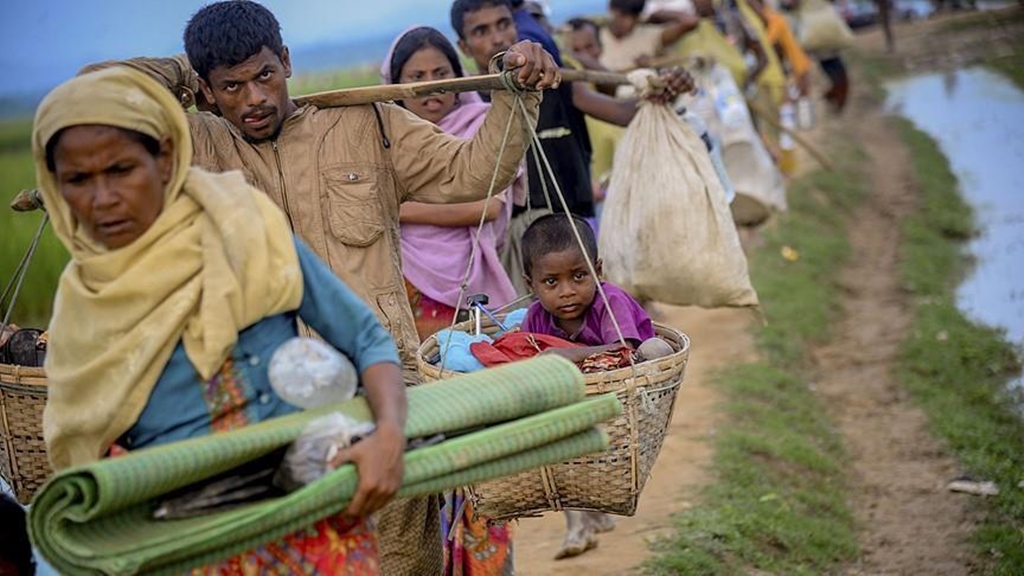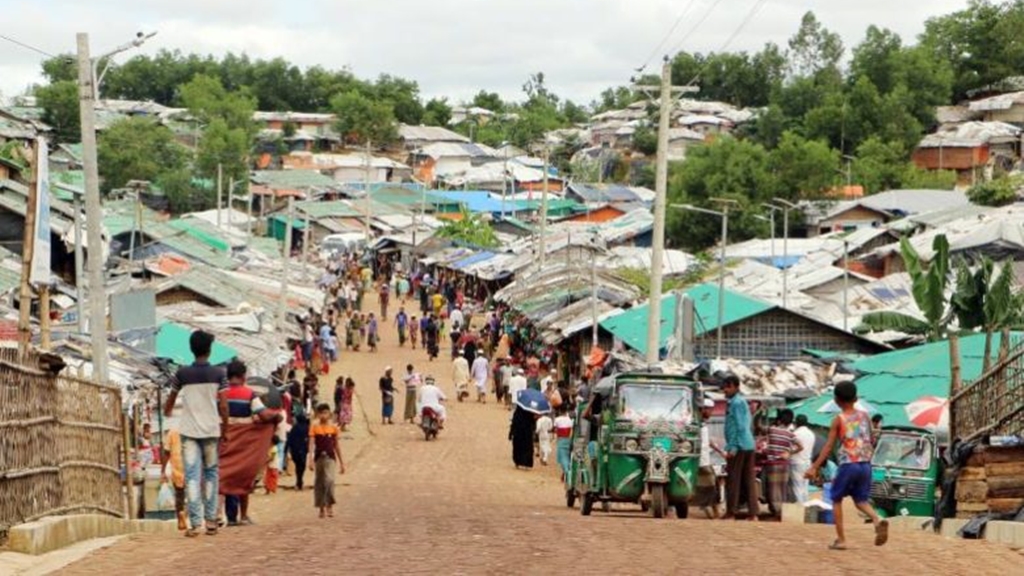
Ireland ‘very concerned’ over situation in Myanmar
- 24/11/2018
- 0
By Satuk Bugra Kutlugun, Anadolu Agency
Signing of memoranda of understanding on repatriation ‘important first steps on path of return’, says foreign minister
Irish Foreign Minister Simon Coveney said he remains gravely concerned over the situation in Myanmar and the plight of refugees there.
In a recent reply to a question in parliament from politician Maureen O’Sullivan on how concerns regarding the safe repatriation of the Rohingya to Myanmar can be addressed, Coveney said since the Myanmar army launched security operations in Rakhine state in August of last year, approximately 720,000 refugees, mostly Rohingya, have fled to Bangladesh.
“The people and government of Bangladesh have demonstrated extraordinary generosity in receiving such a large influx of refugees in very difficult circumstances,” he said. “I remain very concerned at the ongoing situation in Myanmar and the plight of these refugees, who are living in extremely precarious conditions in overcrowded refugee camps.”
Coveney stressed that the signing of memoranda of understanding between Myanmar and Bangladesh and Myanmar and the United Nations Development Programme (UNDP) and UN Refugee Agency (UNHCR) on the repatriation of the Rohingya have been “important first steps on this path of return”.
But he noted that current conditions on the ground in Myanmar are not conducive to allow for the voluntary, safe, dignified and sustainable repatriation of Rohingya.
“In that regard, I am concerned by the recent arrangement between Myanmar and Bangladesh to begin the return of up to 5,000 refugees in the near future. I note the concerns expressed by UNHCR, who are on the ground, and the fact that UN agencies have not been included in these discussions. I also note concerning reports that many of the refugees concerned do not wish to be repatriated, given conditions on the ground in Rakhine state.
“Therefore, I call on Myanmar and Bangladesh to reconsider this arrangement and to take the necessary steps to create such conditions before taking any further or premature steps towards repatriation,” he said.
Coveney also called on the parties to undertake further dialogue with international partners while also allowing the voices of the refugee community to play a key role in determining their future.
The Rohingya, described by the UN as the world’s most persecuted people, have faced heightened fears of attack since dozens were killed in communal violence in 2012.
Since Aug. 25, 2017, nearly 24,000 Rohingya Muslims have been killed by Myanmar’s state forces, according to a report by the Ontario International Development Agency (OIDA).
More than 34,000 Rohingya were also thrown into fires, while over 114,000 others were beaten, said the OIDA report, titled “Forced Migration of Rohingya: The Untold Experience.”
Some 18,000 Rohingya women and girls were raped by Myanmar’s army and police and over 115,000 Rohingya homes were burned down and 113,000 others vandalized, it added.
According to Amnesty International, more than 750,000 Rohingya refugees, mostly women and children, fled Myanmar and crossed into neighboring Bangladesh after Myanmar forces launched a crackdown on the minority Muslim community in August 2017.
The UN has documented mass gang rapes, killings — including of infants and young children — brutal beatings and disappearances committed by Myanmar state forces. In a report, UN investigators said such violations may have constituted crimes against humanity.






